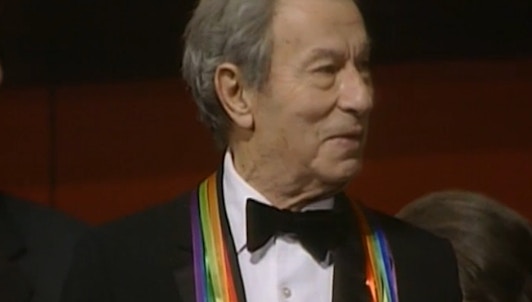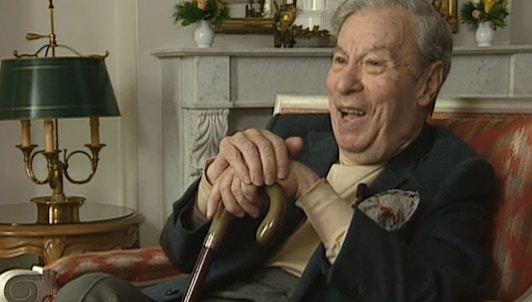A historical interpretation of Beethoven's Kreutzer Sonata by Nathan Miltein and Georges Pludermacher.
With no hope of ever curing his deafness, Beethoven addressed to his brothers his Heiligenstadt Testament (1802), a moving letter in which the young composer expresses his state of affliction: "with joy I hasten towards death – […] will it not free me from my state of endless suffering? Come when thou will I shall meet thee bravely."
But despair will fortunately not last. In 1802, Beethoven composed the Kreutzer Sonata, now a classic of the violin repertoire. The year 1802 marks the beginning of the so-called "heroic" period, which reached a peak in 1808 with the creation of the 5th symphony...



Some memories of a quiet magician. A film by Ch...

Some memories of a quiet magician. A film by Ch...